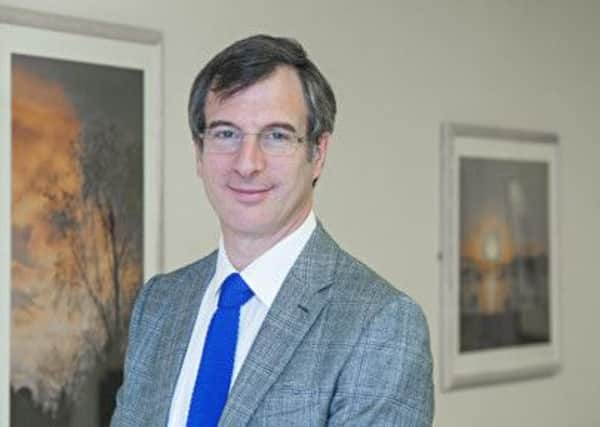Call for an end to IVF postcode lottery


A leading fertility expert has called for an end to the postcode lottery which leads to many couples losing out on life-changing IVF.
Professor Adam Balen, who is based at the Leeds Centre for Reproductive Medicine at Seacroft Hospital, spoke out after MPs voted in favour of new laws which will allow the creation of three person babies.
Advertisement
Hide AdAdvertisement
Hide AdThe technique, which can be used to combat mitochondrial disease, has been heralded as a medical landmark. However, while welcoming the move, Prof Balen, who is also Chair of the British Fertility Society, believes a much greater leap forward would be to end the disparity which exists in IVF treatment.
In West Yorkshire, those who meet the eligibility criteria can have one free cycle, compared to two in Cumbria and in some parts of Lancashire, three.
“I do think it’s a disgrace and yes, of course treatment should be standardised,” says Prof Balen. “The problem can be traced back to the 1970s when IVF was in its infancy. There was huge opposition to those early pioneers. That meant some areas were reluctant to embrace IVF and it led to the differences in treatment that we still see today.”
A decade or so ago, the waiting list for IVF treatment at Leeds was typically two to three years. Now there is no waiting list, but the Seacroft centre often has to rely on income from private patients to fund state of the art equipment.
Advertisement
Hide AdAdvertisement
Hide Ad“While most companies set money aside for necessary upgrades and investment in equipment, it’s something historically the NHS has been very bad at. We provide a world class service, but given the chance we could do more.”